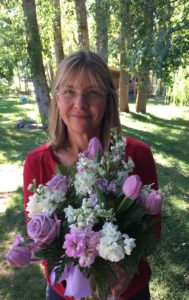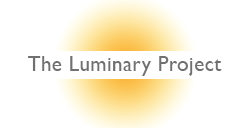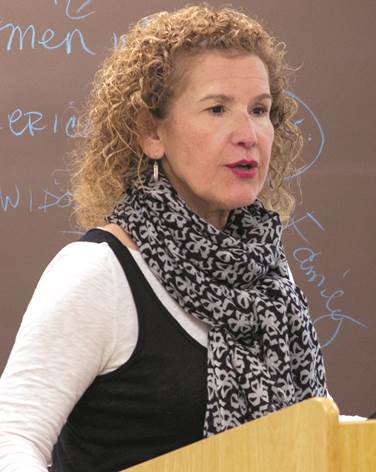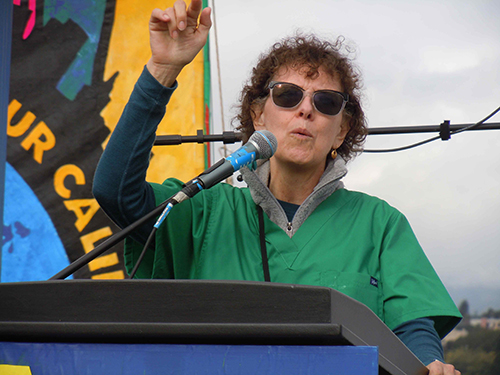
By the time I became a nurse, I had already developed a strong environmental ethic, with concerns about pollution, species decline and loss of wild lands. I was a conservationist. So, when I began working in hospitals, I was horrified by all the waste, which was the most visible problem at the time, nearly 30 years ago. This frustration progressed to an ethical dilemma. Even though I knew nursing was very important-literally saving lives; I also felt I was living outside of my values by creating so much pollution.
This is the backdrop for a career-long commitment to reducing healthcare-generated pollution. My first successful recycling project, installing bins throughout the hospital where I worked, was in 1992. Eliminating most mercury in the hospital was achieved later in the 90’s. Since then I have led a more robust environmental stewardship program at a single hospital, and have been a leader of a regional effort, with a dozen hospitals across 2 states. We have developed many innovative programs from waste optimization, to gardens and CSA’s in the hospital, to energy conservation and greenhouse gas tracking.
I recognized both opportunities and obligations for nurses. I felt nurses are in optimal positions to make decisions about nursing practice that reduce pollution and create healthier individuals and communities. This led to earning my PhD in nursing with a focus on understanding nursing awareness and behaviors regarding common aspects of healthcare-generated pollution. I developed the Nurses Environmental Awareness tool (NEAT) which has now been used in numerous states and about a dozen other countries.
More recently I have led the development of the CHANT: Climate, Health and Nursing Tool, designed to survey nurses annually to observe changes over time in awareness, motivation, and behaviors regarding climate change and health. In addition, I have developed the WE ACT-PLEASE framework for environmental stewardship in nursing practice. This framework links planetary-level environmental crises such as climate change, biodiversity loss and resource depletion to actions nurses can take every day in clinical, university, organizational, and community settings.
I serve on the board of the Alliance of Nurses for Healthy Environments, as co-chair of the practice workgroup, and I host and produce the Nurses for Healthy Environments Podcast. I am one of the founding members of Montana Health Professionals for a Healthy Climate, and serve on several local boards in Missoula, Montana.
Motivation and Inspiration
I am motivated for health, and for the natural functioning of the planet. Luckily these two come together perfectly. Health is enhanced when planetary functions are intact. This seems very clear to me, so I don’t really waiver. I see that planetary functions are disrupted, through climate change, biodiversity loss, loss of resources, toxic chemicals, and others. I can’t seem to help to want to right the ship…to decrease the harm to these fundamental elements that are crucial to health…and life.
Challenges and Barriers
There are many challenges with complex work among political humans. But, with clarity of direction, and a certain amount of persistence, progress is made.
What do I ask of Nursing?
Nurses are in excellent positions to effect change. Nurses are trusted, educated, evidence-based, ethical, creative, passionate, problem solvers. I ask that nurses turn their sights to the most fundamental health problem we face, that of the disruption of basic functions of our planet. How do we do that? By working to mitigate climate change, to reduce resource depletion, to eliminate toxic chemicals, to work toward healthy foods. This is not only in the hands of public health nurses, or educators, but all nurses as we advocate for health.
What’s Next
The WE ACT-PLEASE frameworks leads to a number of questions to study that will help further identify where nurses can best spend their time in this effort. The CHANT reveals gaps in nursing education and awareness regarding climate change and health…areas we should address as a profession. There are lots more nurse to interview for the Nurses for Healthy Environments Podcast. And…time is short; there is much work to do.



